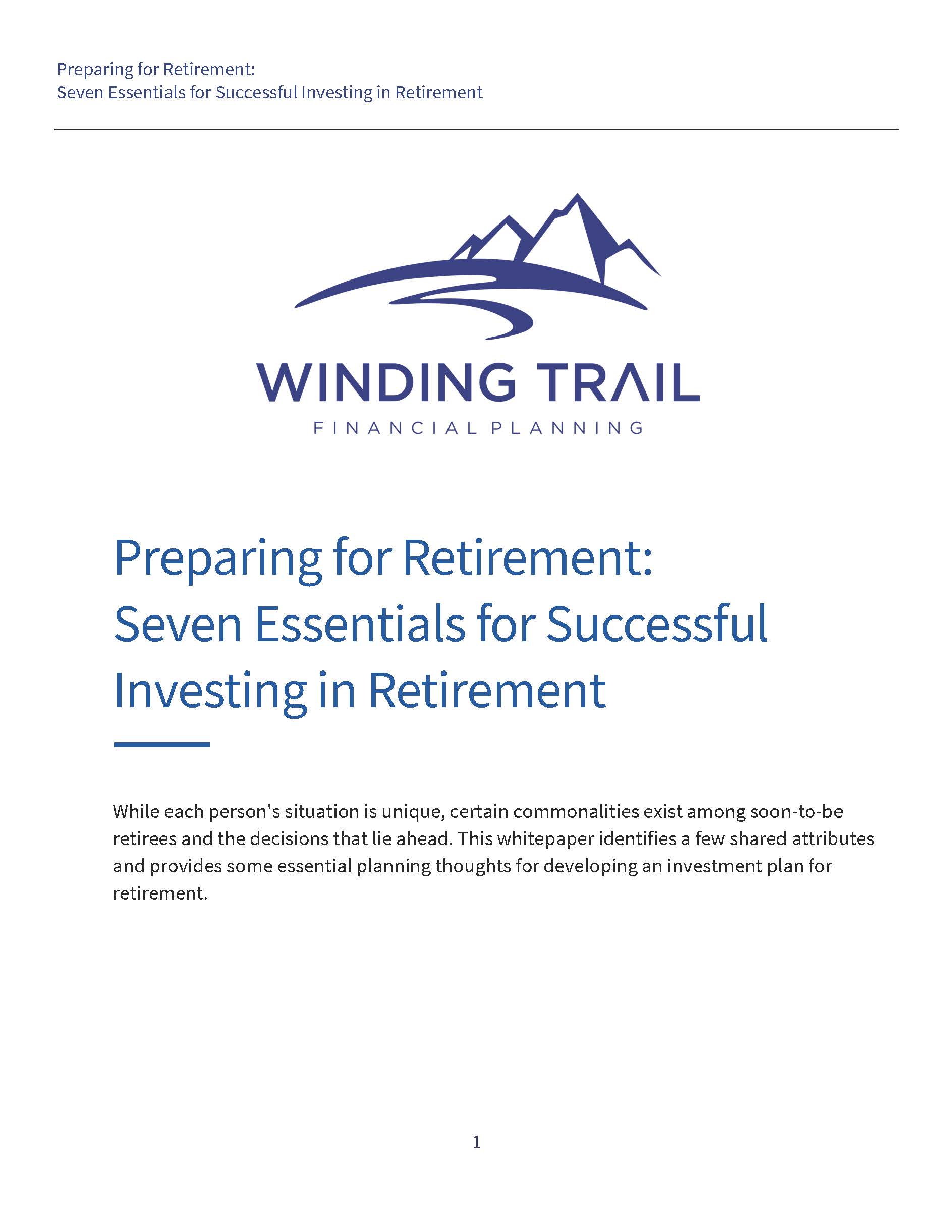Are Roth Conversions Worth It?
Jul 1, 2025

Question of the month: “A Roth conversion sounds like a pain in the neck. Is it really necessary to go through with it?”
As a CPA and fee-only financial planner, we earn one fee for any and all assets you may have – whether or not you make any trades in any given period. We set up our practice this way because we like clarity and logic. Working with you this way puts the focus on the entire financial picture – rather than selling products for a commission.
We think it’s fairer that way.
Agree?
Because we are ultra-focused on helping you make smarter financial decisions – not just selling you products or trying to find the next hot stock investment – we entertain questions such as this month’s article, which is about why you may want to consider doing a Roth conversion.
And, we’ll try to answer it in two minutes or less.
Now for the feature presentation!
Two Minute Take
Most people sock away money into retirement accounts without too much thought about what it actually means for their taxes. For most people, the mindset is, “Taxes? Meh. Well, I won’t be accessing this money for at least ten more years; I’ll deal with it then.” While there’s nothing wrong with a long-term approach, waiting until retirement to optimize your distribution may cause you to miss out on tax savings that could be gained just by doing the work today.
How does your choice of IRA impact your future taxes?
Anything you put into a Traditional IRA will be taxed at the ordinary income tax rate when you are required to start taking distributions at age 73.
You aren’t required to take distributions from a Roth IRA, and since the money you contributed to such an account has already been taxed, any withdrawals are free of tax.
If you believe your tax rate is going to be higher in retirement, it might make sense to convert funds from your Traditional IRA to your Roth (this is called the “Roth Conversion”), pay the tax now, and take withdrawals tax free later down the line when you start drawing on your Roth account.
Straightforward enough, right?
It’s not just about the retirement income
When most people make this decision, they focus entirely on the tax implications of converting (or not). But it’s about way more than just your IRA distributions – a Roth conversion can have impact on Social Security and Medicare premiums. Roth distributions are not included in the calculation of MAGI, which is the basis for your Medicare premiums. However, any amounts converted to a Roth would count towards MAGI for the year. High MAGI may trigger the IRMAA, or income-related monthly adjustment amount, which would raise your Medicare premiums for Part B and D. IRMAA calculations are based on income from two years prior. If you are doing a Roth conversion after age 65, work with your CPA and financial advisor to make sure you aren’t going over the threshold. And remember – this is based on your income from two years ago, not this year. Up to 85% of your Social Security benefits can be taxed. Roth distributions are not included in the calculation of combined income, which is used as the basis for determining this percentage. However, any amounts converted to a Roth are included in the calculation of combined income.
Important questions to ask yourself about the Roth conversion
Should I take the tax hit now, at my current income tax rate, by doing the Roth conversion, or do I anticipate my tax rate being lower in retirement?
If I left my retirement accounts exactly as they are, what would my combined income be when I start Social Security, and how would this affect the taxation of my Social Security benefits?
If I am already retired (or within two years of enrolling in Medicare), what is the risk of converting too much to Roth and triggering the IRMAA?
If I am already retired, what is the tax impact of converting too much to Roth and raising my MAGI?
There’s our quick take – hope you got through it in two minutes (or less). What questions do you have?
If you have questions about how any of this may apply to your personal situation, please send me a note and let’s talk.
Thanks for reading!
-Dwight
Disclaimer: None of the information provided herein is intended as investment, tax, accounting or legal advice, as an offer or solicitation of an offer to buy or sell, or as an endorsement, of any company, security, fund, or other securities or non-securities offering. The information should not be relied upon for purposes of transacting securities or other investments. Your use of the information is at your sole risk. The content is provided ‘as is’ and without warranties, either expressed or implied. Winding Trail Financial Planning, LLC does not promise or guarantee any income or particular result from your use of the information contained herein. Under no circumstances will Winding Trail Financial Planning, LLC be liable for any loss or damage caused by your reliance on the information contained herein. It is your responsibility to evaluate any information, opinion, or other content contained.
Plan Your Next Chapter
Download our free guide "Seven Essentials for Successful Investing in Retirement" and get clarity on what really matters for your retirement success.

